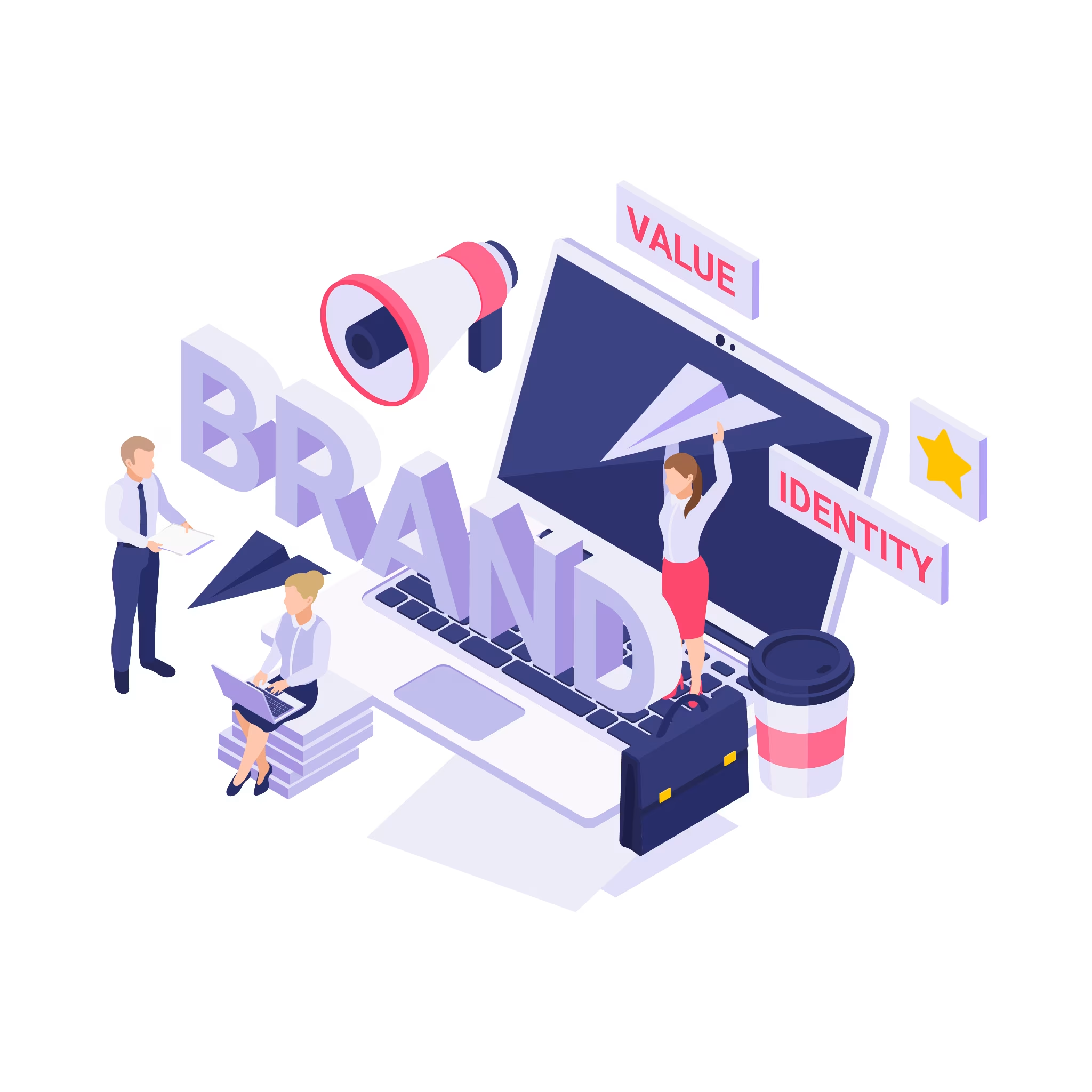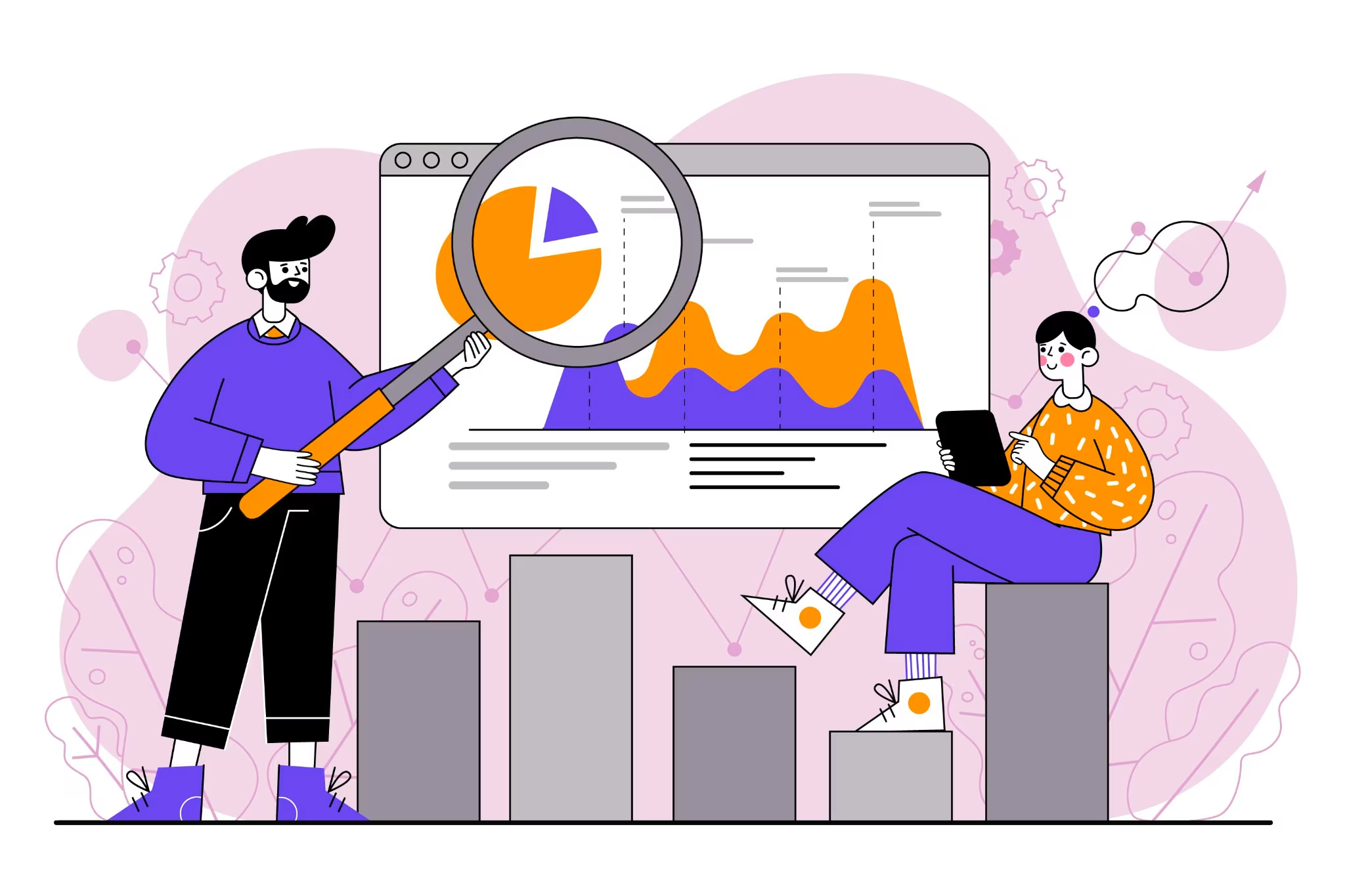101 ways market research can go wrong
.avif)
This content was produced by Tech in Asia Studios in partnership with Milieu Insight.
Data is like any other tool – one man’s Excalibur is another’s sword in the stone, stuck and useless.
Business leaders can’t just rely on guesswork and intuition when trying to interpret data – especially when it’s collected through methods like market research, which isn’t just a one-step process. Companies need to know how to conduct the entire journey well and have the right approach before they can fully realize the potential of the data they’ve collected.
And on top of that, who knows when you’ve gone wrong somewhere?
“The market research sector is set up in a way that usually makes it unwieldy for big companies to solve their data needs,” says Gerald Ang, CEO and founder of Milieu Insight, a market research and data analytics company.
Stained glass
There are several reasons why capitalizing effectively on market research isn’t easy despite technological advancements.
While tech-enabled avenues like online surveys are becoming more popular, reporting the data afterward can still be an issue.
“The deliverables that come with that, such as slide decks, can take anywhere from a few weeks to even months to complete. But companies need this data fast,” says Ang.

Gerald Ang, CEO and founder of Milieu Insight / Photo credit: Milieu Insight
On top of that, the sector is highly fragmented, with many different providers at each step of the market research process. Some companies may hire a consultancy firm to help them conduct the research, but that firm may outsource certain aspects too, such as the software for collecting the data, or by running online surveys through a separate platform.
This adds a ton of friction, especially since each piece of the puzzle has its own priorities and extraneous considerations.
“You end up playing with margins on top of margins,” Ang points out.
People problems
On top of issues inherent to the sector, the complexity of respondents can add another layer of difficulty. Just look at highly diverse regions like Southeast Asia.
“The cultural differences are very clear and can be very powerful forces that affect your research,” says Ang. “You need a high level of sensitivities across different countries and cultures.”
Take the way people use a scale – such as a five-point Likert scale – in surveys to rate their views toward a topic.
According to an experiment Milieu conducted, survey respondents in the Philippines and Vietnam tend to have acquiescence bias, which can result in a higher proportion of these respondents gravitating toward the top of the response scale – in other words, they may give more positive responses, even if they might not really feel that way.
Singaporean consumers, on the other hand, may be more discerning and forthcoming in how they feel about a product or service, he adds. Knowing all of these considerations is critical to designing an effective, well-balanced survey that can yield accurate, high-quality, and actionable data.
Another issue in market research is user experience.
“There are a lot of companies in the market research industry that don’t think about survey respondents as real people, and they don’t give enough consideration to end-user experience,” says Ang.
The result is an overly long and tedious survey, which can cause response quality to suffer greatly as respondent fatigue sets in.
The right partner at every step
To get the most out of market research, Ang says that companies need to keep two things in mind.
First, companies should work with partners that can provide for their market research needs from start to finish. By removing the friction that stems from having different providers, companies can significantly speed up the entire process and get the data exactly when they need it.
Having the right tech involved to automate the process – such as disseminating surveys, collecting the data, and presenting it in a collated fashion – is a key part of making it quicker too.
For its part, Milieu Insight offers an end-to-end market research and community engagement platform called Canvas, which allows clients to seamlessly engage with their existing customer database drawn from their customer relationship management, mailing lists, and even social media followers.
Through Canvas, Milieu Insight also has access to more than a million unique consumers across six Southeast Asia markets and can conduct its own analyses as well as store the information on the platform. Clients can then tap into this profiling database and get insights right off the bat.
Secondly, companies need the right tech to give consumers a good experience, which allows for more timely and accurate data. This involves using survey solutions that enable a smooth respondent experience, even if this survey is more complex or addresses niche topics.
There are a lot of companies in the market research industry that don’t think about survey respondents as real people, and they don’t give enough consideration to end-user experience
In this regard, AI can assist by highlighting questions that aren’t up to scratch, which helps with designing better surveys and, ultimately, getting better responses too.
AI can also help market research firms derive insights from open-ended text responses, which have traditionally been hard to compile and analyze. Of course, that means faster analysis for the end client too.
“There won’t be a need to waste time reading through everything,” he says. “Using text analytics, we’d be able to make sense of large bodies of open-ended, free text responses.”
Singularity
Over time, Ang believes that the market research sector still needs a stronger convergence within the supply chain to minimize the number of vendors and maximize the value each one provides. This is crucial so that accurate data can be gathered in the right place and at the right time, he says.
“The market research support system should no longer exist as it did in the old and ancient days, where projects could be run for weeks or months on end,” he adds.
His parting advice to companies that want to get some market research done? Be extremely selective and discerning of who you choose to run your research.
“There’s a lot of powerful research tools out there, but some are so complex that it feels like they require a doctorate to learn. We believe that market research should be accessible to everyone, so for us, that means building software with usability in mind,” he continues.
“When choosing a research partner, you’ve got to make sure you evaluate both features and usability – don’t compromise on quality of life for the process.”
Milieu Insight, an award-winning consumer research and data analytics company in Southeast Asia, provides brands and businesses with valuable insights and market research data. Canvas, its one-stop insights platform, offers tools for analyzing and visualizing consumer opinions across lifestyle topics and sectors, powering businesses to make better, more impactful decisions and strategies.
To check out its platform, request a demo here.

Author
Sandra Goh
Account Manager at Milieu Insight. With roots in public relations and media intelligence, she brings a storyteller’s instinct to research–making data-driven narratives that connect, persuade, and drive impact. Proud user of em dashes before AI made them cool.
.avif)





